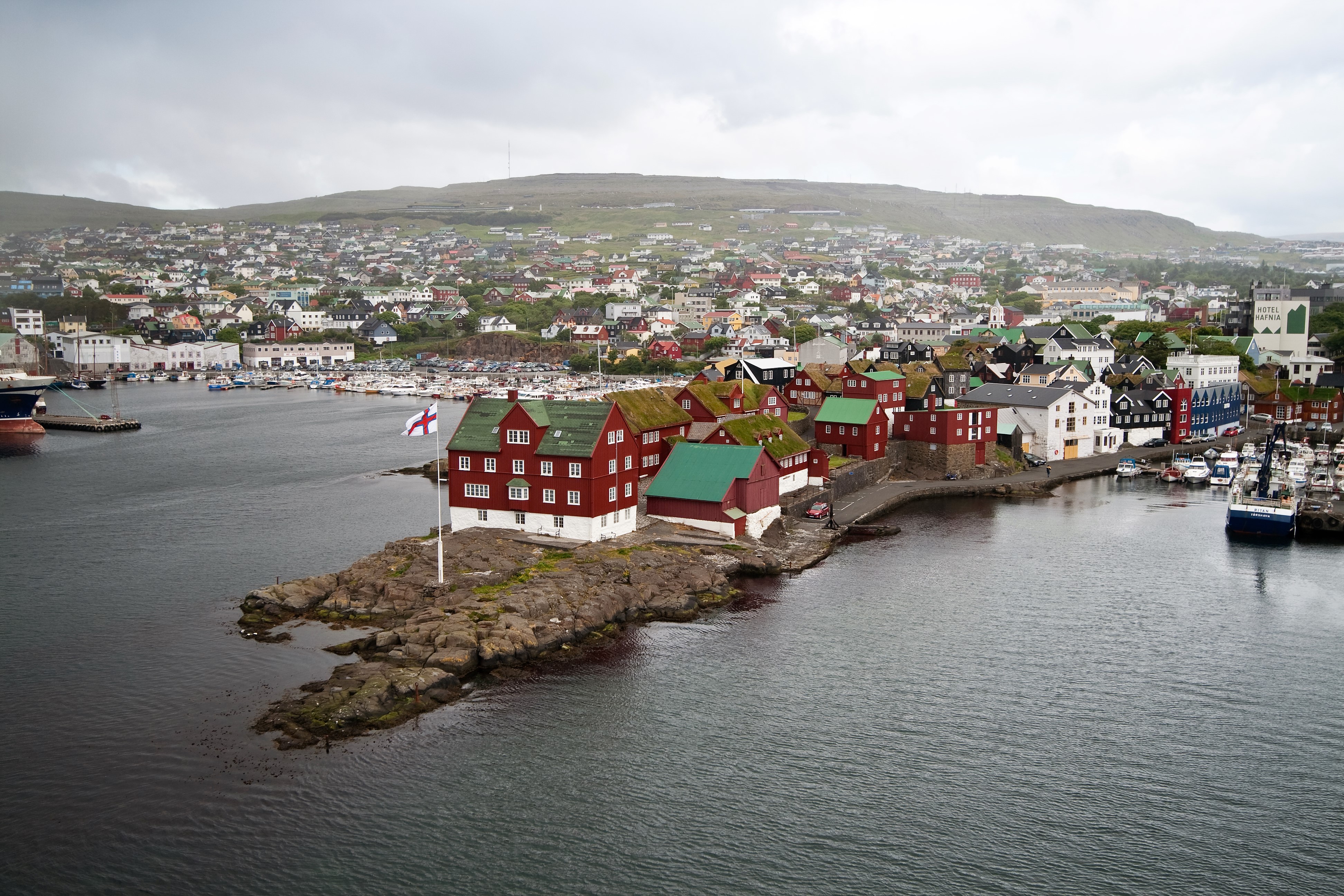Text: Žikica Milošević
When I asked then French Ambassador to Serbia Christine Moro a question during the “World in 2016” Conference, held in Belgrade, about EU standards that should be applied prior to formal accession, I implied that they are far more important for any country than membership itself.

STANDARDS WITHOUT STATUS
I also implied that these standards are so important that the importance of membership itself pales in comparison. Once you implement the standards, it’s irrelevant whether you’re a full member or a country regulated by law, with a clean environment, a low level of corruption, high living standards etc. She responded by insisting that, on the contrary, membership is crucial. I begged to differ. And just a few days ago Serbian PM Ana Brnabić said exactly the same thing: if we manage to implement all the high standards that any country in the world should pursue – from Canada to Iceland, from Israel to Australia, from China to Chile – it really doesn’t matter if we are a member or not: we can freely sit, relax and wait for the European Union to invite us to join. Like in the case of Iceland, Norway, Switzerland, Liechtenstein, San Marino, Andorra. These are all countries that are doing fine without formal membership, as they have implemented all the standards. Now it is a kind of formality, and they weigh up what is better for them when it comes to being in or out.
STATUS WITHOUT STANDARDS
On the other hand, in the 2000s we witnessed many cases where standards were not fulfilled but the process was still accelerated. And now there’s a price to pay, for both sides. Some countries, like Slovenia, were extremely well prepared, i.e. at the same level as, say, Portugal. Some were quite close to achieving the required standards, like Czechia, Estonia etc. But the accession of all other countries had somewhat strange consequences: many Eastern Europeans abandoned their countries to move west – a process that’s most prevalent in Romania, Bulgaria, Lithuania, Poland and Latvia. In Poland they were largely replaced by Ukrainians, in Romania by Moldavians etc., but there is still a development gap between East Germany (former GDR) and West Germany, even after 27 years of heavy investments, so it is to be expected. But what is not good is that there aren’t enough investments in all CEE countries from anywhere, since 2008, and the Chinese have jumped onto the wagon, with their “16+1” initiative and “One Belt, One Road” project. This is welcome, given that the CEE region is hungry for capital and the Chinese have plenty to go around. Some fear exists in the West exist, but, hey, you can give the money if you have it available. Actually, you are giving it, but not nearly enough. So, this coexistence will clearly be shaped in the future as a result of the financial and investment “hole” left in the CEE region.
STANDARDS! WHO CARES ABOUT STATUS?
And, finally, the Serbian Government celebrated the opening of Chapter 30 in the EU accession negotiation process, while conveniently forgetting to mention a few things. First, that after formal accession all regional trade agreements, like those with Russia, Kazakhstan (now the Eurasian Union), Turkey etc., will be abolished. Second, GMO will be allowed. This alarmed the public and inflamed social networks for days to such an extent that the RTS main news had to make it the top news story of its even broadcast at 7:30pm. It was that serious! And around two weeks after the publishing of my article “Serbia like Singapore”, The Economist published its analysis “Singapore-on-the-Thames”, discussing the prospects of the UK out of the EU as a “Singapore-like” economy, neutral and open to everyone. Like it or not, Brexit is happening, so it is the best option. As for Serbia, I will stick to the same viewpoint: Serbia as “Singapore-in-the-Balkans”, like Azerbaijan or Georgia, linking things that are so very different. No to GMO, yes to trade agreements with everyone. Strange? Let me remind you that Greenland and the Faroe Islands opted out for reasons like fishing quotas. Greenland opted out in 1985. Saint-Barthélemy left in 2012, quoting a desire to “obtain a European status that would be better suited to its status under domestic law, particularly given its remoteness from the mainland, its small insular economy largely devoted to tourism and subject to difficulties in obtaining supplies which hamper the application of some European Union standards”. They clearly admitted the difficulties in applying EU standards. It was reason enough. And Northern Cyprus? Just one decision in parliament would make them EU members within a future Federal Republic of Cyprus, but they don’t want to do that. Iceland has applied almost all EU standards, but there are some issues: Iceland would face controversial issues over fisheries that could potentially derail an agreement, despite already being a member of the European Economic Area (which excludes fisheries). So, be careful! It is better to be close to the EU and to enjoy the best of the both worlds (or many worlds) than to be “locked in”.